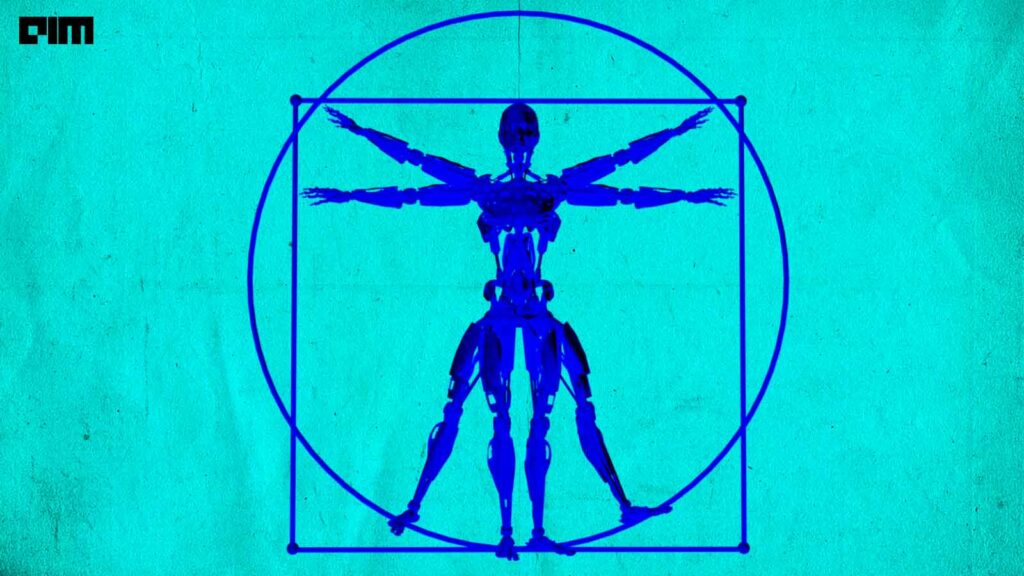Recently, Stanford University researchers devised a new standard for embodied AI, called “BEHAVIOR.” It mixes 100 everyday household tasks into virtual, interactive, and ecological settings. The term “embodied AI” (EAI) refers to artificial intelligence designed for virtual robotics. The notion is based on the field of study for virtual robots capable of moving, seeing, speaking, and interacting with other existing virtual robots within their virtual space. These robot simulations can then be converted to physical robots.
Stanford Releases New Benchmarks for Embodied AI
— Cami Rosso (@tweetycami) September 14, 2021
Reproducing real world challenges encountered by #robots and other agents
Read https://t.co/kecTFvMXrd#innovation .@PsychToday #AI #EmbodiedAI #ML #future #DeepLearning #robotics .@StanfordHAI .@Stanford .@drfeifei #technews pic.twitter.com/xEuHyizEcS
Dr Fei-Fei Li, the Co-Director of Stanford’s Human-Centered AI Institute, states that “We introduce BEHAVIOR, a benchmark for EAI that includes 100 simulations of everyday household chores such as cleaning, maintenance, and food preparation. These activities are designed to be realistic, diverse, and complex in order to replicate the challenges that agents face in the real world.”
AI is accelerating progress in both physical and simulation models for robotics and embodied cognition. According to the researchers at Stanford, BEHAVIOR utilises a comprehensive set of criteria to quantify the performance of EAI. A success score is a fundamental metric, defined as “the largest fraction of satisfied goal literals in a ground solution to the goal condition.” Secondary metrics are concerned with efficiency.
What is Nouvelle AI?
Nouvelle AI attempts to create embodied intelligence embedded in the physical world. It is distinguished from classical AI by its goal of developing robots with an intellect comparable to that of insects. Researchers suggest against microworld AI, stating that actual intelligence requires functioning in a real-world environment.
Nouvelle AI distinguishes itself from conventional definitions of AI, which place a premium on human-level performance. A nouvelle system always refers to its sensors rather than to an internal world representation. It gathers the information about the external world that it needs from the senses when it is required.
From Nouvelle AI to behaviour-based and contextual AI
Nouvelle AI’s conceptual change flourished in the robotics field, paving the way for behaviour-based artificial intelligence (BBAI), an approach for generating artificial intelligence based on a modular deconstruction of intelligence. It is widely used in robotics and, to a lesser extent, in implementing intelligent virtual agents because it enables the successful design of real-time dynamic systems capable of operating in complex contexts. For instance, it is at the heart of the intelligence of Sony, Aibo, and a large number of RoboCup robot teams.
From traditional AI to Nouvelle AI
In contrast to classical or conventional AI, Nouvelle AI intentionally avoids the usual goal of mimicking human-level performance in favour of developing systems with intelligence on the level of insects, which is closer to the intelligence of real-world robots.
Conclusion
In recent years, AI has become a more prevalent presence in robotic solutions, adding flexibility and learning capabilities to previously rigid applications. Recent advances in AI have accelerated the initial development of embodied AI. Embodied AI will make a significant leap forward in the near future, enabling robots to effectively learn how to interact with the actual environment.
Recognising that all of these approaches were actually aimed at developing a placed intelligence rather than an abstract intelligence, they have come to be recognised as the situated approach. However, despite overwhelming evidence to the contrary, AI research has largely ignored these findings. Only a few scholars are investigating these concepts in disciplines such as EAI and developmental robotics.





















